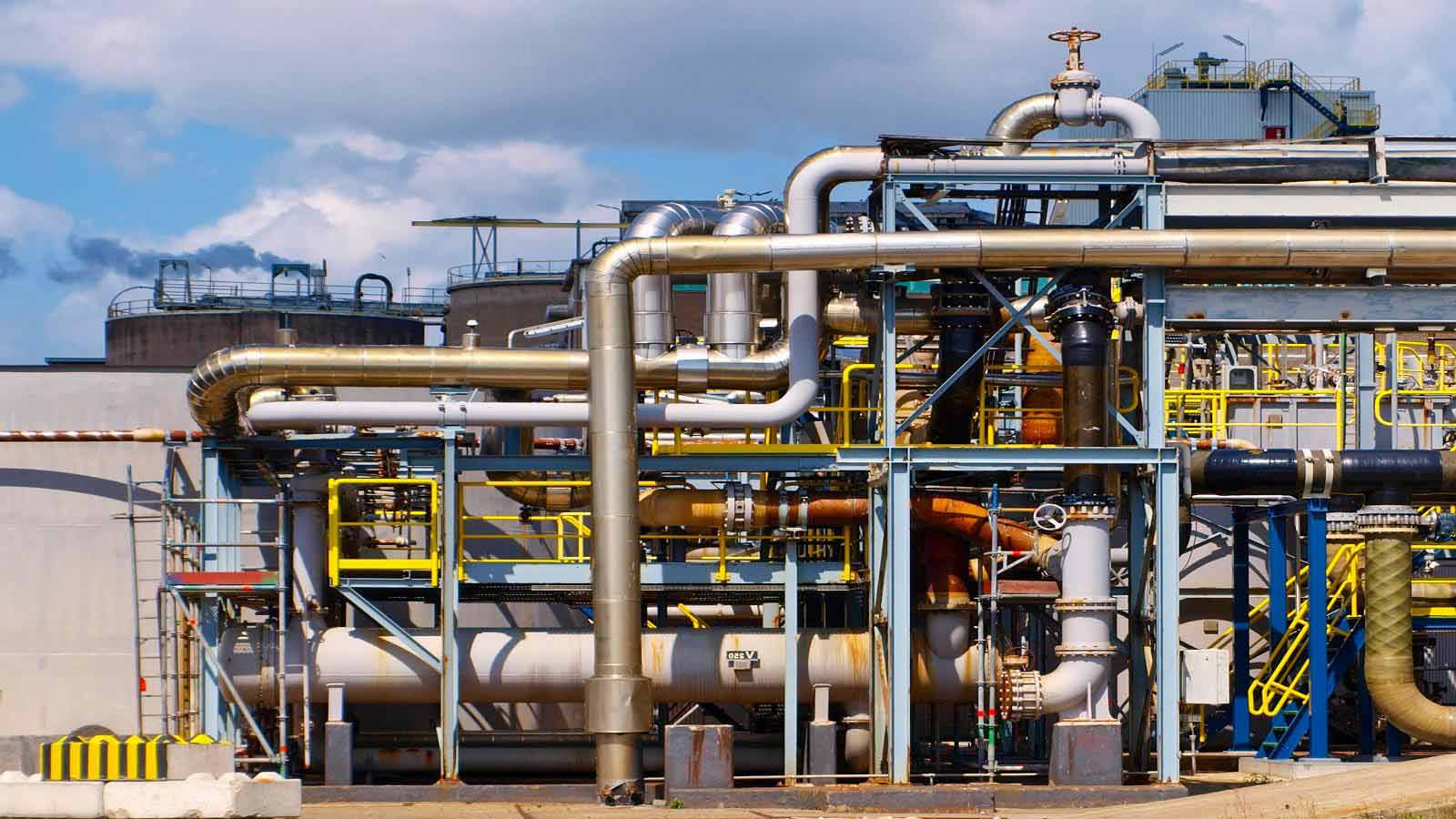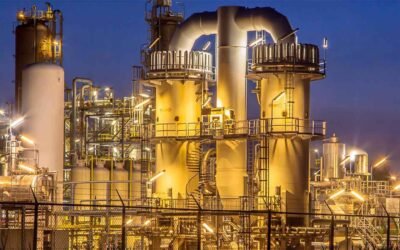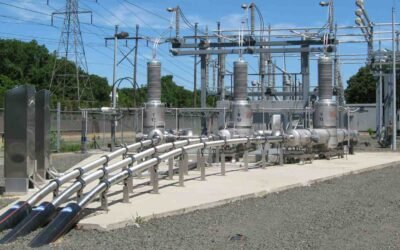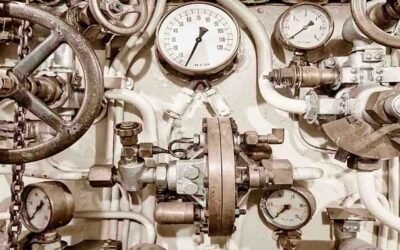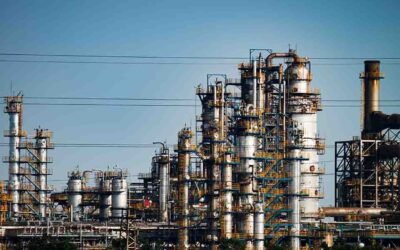About the Program
The objective of this course is to provide the candidates the Detail knowledge and skills in Piping Stress Design Analysis discipline to facilitate faster learning curves while on the job.
The objective of this course is to provide basic knowledge and skills in this discipline of Piping Design & Stress Analysis Engineering for Oil & Gas sector. This course will cover the fundamental principles and concepts used in Plant Layout and Piping Design & Stress Analysis. Upon completion of this course, students will have a clear understanding of the design principles used in Piping Design & Stress Analysis for Oil & Gas Energy Sector.
Learning objective
- Plant layout fundamentals and work flow procedure
- Introduction to Pipe Stress Analysis
- Pipe Materials
- Code Governing Piping Design and Stress Analysis
- Principal Stress and Failure Theories
- Design Pressure, Design Temperature, and Allowable Stress
- Design of Pipe Wall Thickness for Internal pressure
- Load on piping systems
- Primary and Secondary Load
- Self-limiting and non-self limiting characteristics of loads
- Sustained and Occasional Loads Statics and Dynamics Loads
- Bending stress in pipe.
- Longitudinal Stress and Torsional Stress
- Code Criteria for Design
- Static and Dynamic Loads
- Thermal Stress in Piping Systems
- Pipe Stress Analysis Software
Program Highlights

About The Course
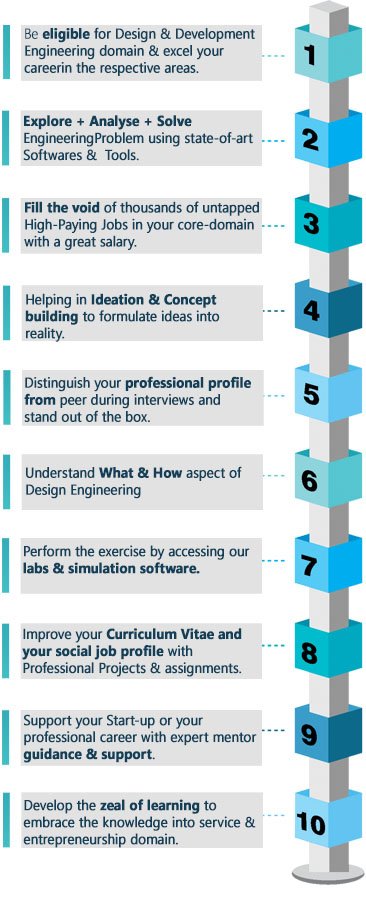
Course Modules
- Introduction to Pipe Stress Analysis
- Need for Stress Analysis
- Consequences of overstress
- Physical quantities and units used in pipe stress analysis
- Pipe Materials
- Introduction Material Classification system and specification
- Common ASTM Piping Materials
- The material requirement of codes
- Selection criteria for materials
- Piping specifications (Piping classes)
- Material testing and certificates
- Code Governing Piping Design and Stress analysis
- ASME B31.3, ASME B31.4, and ASME B31.8
- Other codes including applicable label codes
- Typical organization of codes material
- Role and Scope of Codes
- The information available from codes
- Principal Stress and Failure Theories
- Longitudinal, Circumferential and Radial Stress
- Principal axes and principal stresses
- Failure Theories: -Maximum Failure Stress Failure Theory, Maximum Shear Stress Failure Theory
- Design Pressure, Design Temperature, and allowable Stress
- Definition of design pressure and design temperature
- Basics for allowable stress
- Allowable at “Hot” and “Cold” Conditions, that is, SH and SC
- Design of Pipe Wall Thickness for Internal pressure
- Wall thickness design equations- ASME B31.3, ASME B31.4, and ASME B31.8
-
- Calculation of Maximum allowable working pressure {MAWP}
- Pressure – Temperature class rating for flanges
- Determining Appropriate flange pressure class
- Load on piping systems
- Primary and Secondary Load
- Self-limiting and non-self-limiting characteristics of loads
- Sustained and occasional loads Statics and Dynamics loads
- Static and Dynamic Loads
- Bending stress in the pipe
- Longitudinal Stress and Torsional Stress
- Thermal Stress in Piping Systems
- Thermal Expansion/Contraction of Materials
- Stress due to Thermal Expansion/Contraction
- Thermal Fatigue and cyclic stress reduction factor:-Stress Intensification Factors [SIFs]Allowable stress range for thermal expansionCalculation of expansion stress range
- Pipe Stress Analysis Software
- Introduction to CAESAR 2 stress analysis software:-Overview of CAESAR 2 SoftwarePiping input and creation of ModelNavigation of ToolbarsStatic analysis and OutputChecking for code compliance
- Piping input – creating the model
- Running the analysis
- Output and interpretation of the results
- CAESER 2 practical exercise 1 and 2
Course Certificates
SmartBrains is associated with The National Skill Development Corporation (NSDC) as the Training and Certification partner for various job oriented training programs across various sectors including Oil & Gas, Power, Renewable Energy, Hydrocarbon, IT & ITs, Electronics, Telecom, Agriculture, Life science etc. offering assessment based Training & certifications for a gamut of job profile.
Who should join?
- Working professionals in Domains: Site Engineering, .Construction & Commissioning operation & .Maintenance, Technicians in Mechanical Engineering Field.
- Students (Mechanical Engineering, Diploma in Mechanical Engineering) who want to develop their career in Design Engineering.
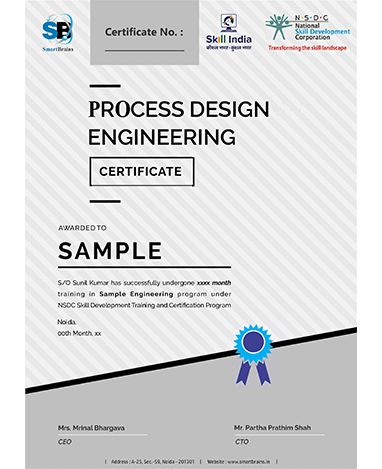
For Corporate queries
A-25, Sector-59, Noida (UP),India
Pin Code-201301
Connect with Program Advisor
training@smartbrains.com
+91 9891108002 | +91 9891108700
www.smartbrains.com
Nodal Centers
Noida, Dehradun
Guwahati, Pune
Course Features
- Lecture 0
- Quiz 0
- Duration 50 hours
- Skill level All levels
- Language English
- Students 0
- Assessments Yes

